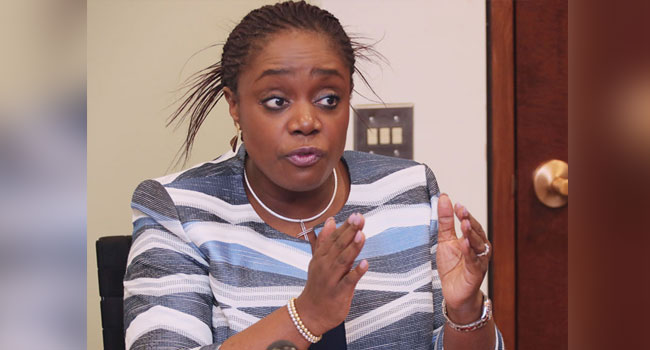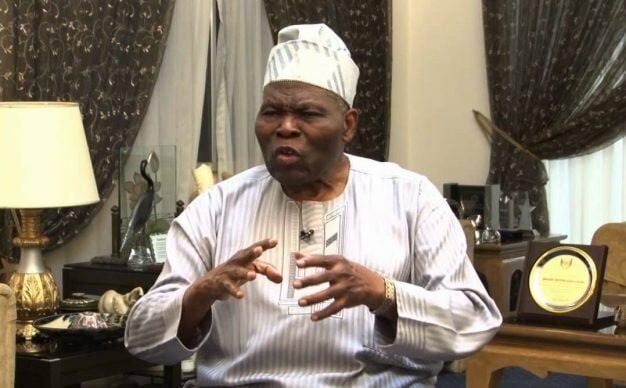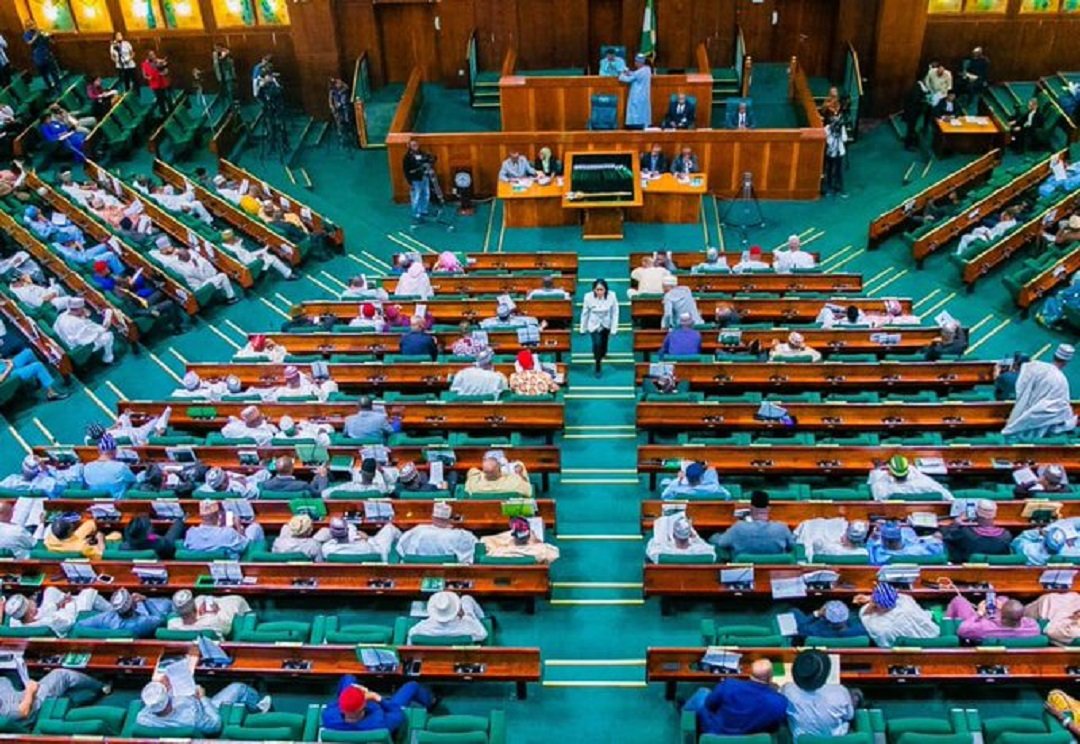The political landscape in Nigeria is heating up as the Peoples Democratic Party (PDP) has publicly criticized President Bola Tinubu, describing him as an unfit candidate for re-election in the upcoming 2027 presidential race. PDP’s National Publicity Secretary, Debo Ologunagba, asserted that no patriotic Nigerian would support Tinubu, emphasizing the party’s belief that it is the only one capable of defeating him and the All Progressives Congress (APC).
In a recent press conference in Abuja, Ologunagba argued that the PDP remains a robust organization despite recent defections, claiming that the true strength of the party lies in the loyalty of its members. He expressed confidence that the electorate is eager for the PDP’s return to power, citing widespread dissatisfaction with the current administration’s handling of issues like insecurity and economic hardship. Ologunagba went so far as to characterize Tinubu as a “bad market,” suggesting that no one experiencing the current challenges would support his re-election.
In response, Bala Ibrahim, the APC’s Director of Publicity, countered the PDP’s claims by stating that the party is currently in a weakened state and lacks the credibility to make meaningful political judgments. He asserted that the APC, under Tinubu’s leadership, has restored hope among Nigerians through meaningful reforms. Ibrahim expressed confidence that the electorate will stand by Tinubu in 2027, highlighting a sense of unity and strength within the APC.
Ologunagba also addressed the recent local government elections held in Lagos, suggesting that the low voter turnout—only 6% of registered voters participated—indicates a loss of confidence in the APC. He pointed out that even within Tinubu’s stronghold, there were signs of dissent, with one APC leader admitting that the people did not vote for them.
The PDP leader maintained that the party’s internal structure is solid and capable of delivering new leadership to Nigeria. He emphasized that the party embraces differing opinions, fostering an environment where debates and discussions are welcomed without hostility. This, he argued, differentiates the PDP from the APC, which he described as being insensitive to the needs of the populace.
In stark contrast, Ibrahim likened the PDP to a mentally unstable individual incapable of commenting on broader issues. He argued that the APC, under Tinubu, is the largest and strongest party in Africa, characterized by unity and effective leadership. Ibrahim posited that any party unable to manage its own affairs is in no position to critique another.
As the 2027 elections approach, both parties are gearing up for a fierce battle, each confident in their narrative and the support of their respective bases. The ongoing clash between the APC and PDP underscores the high stakes involved in the forthcoming electoral contest.







